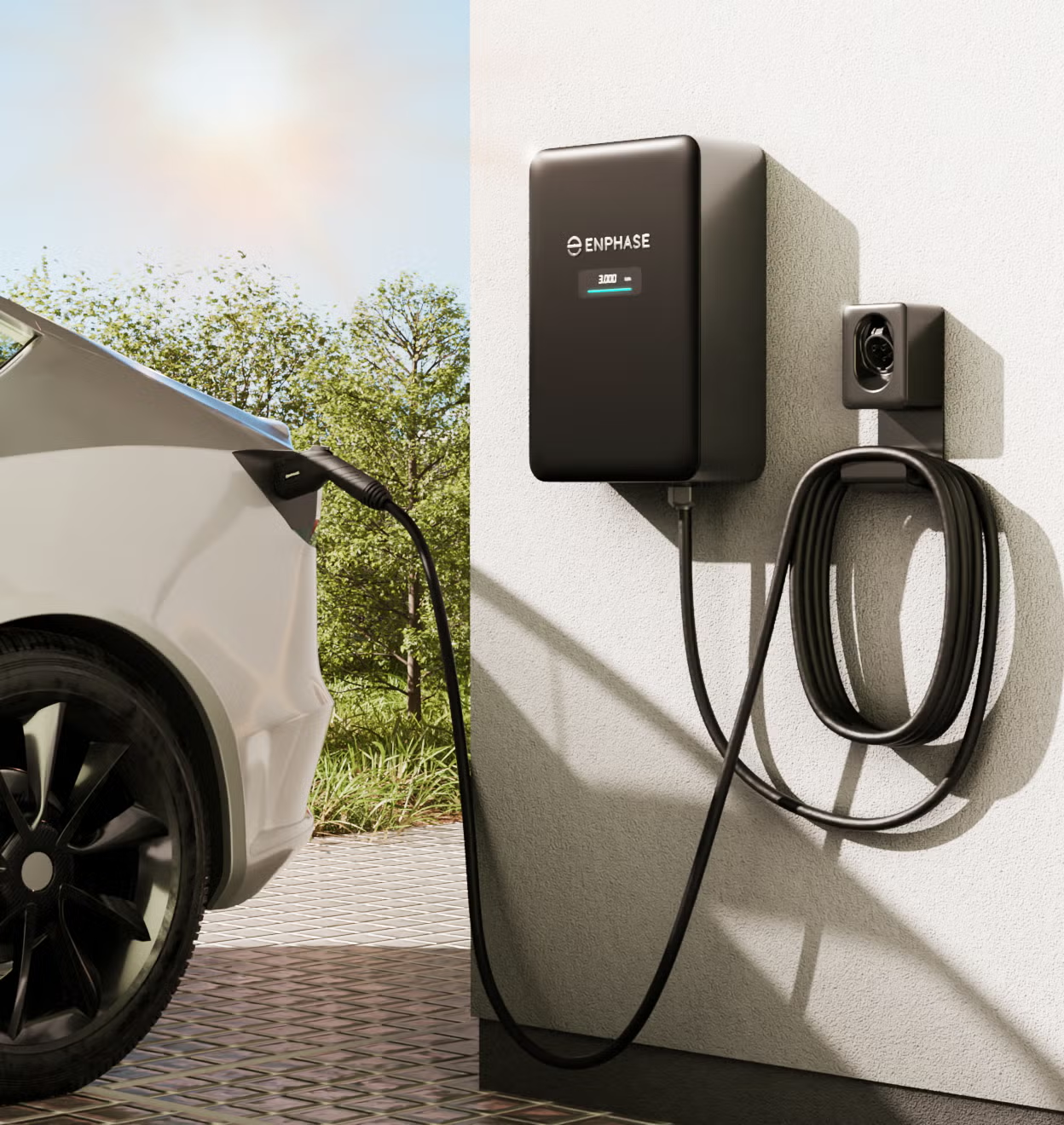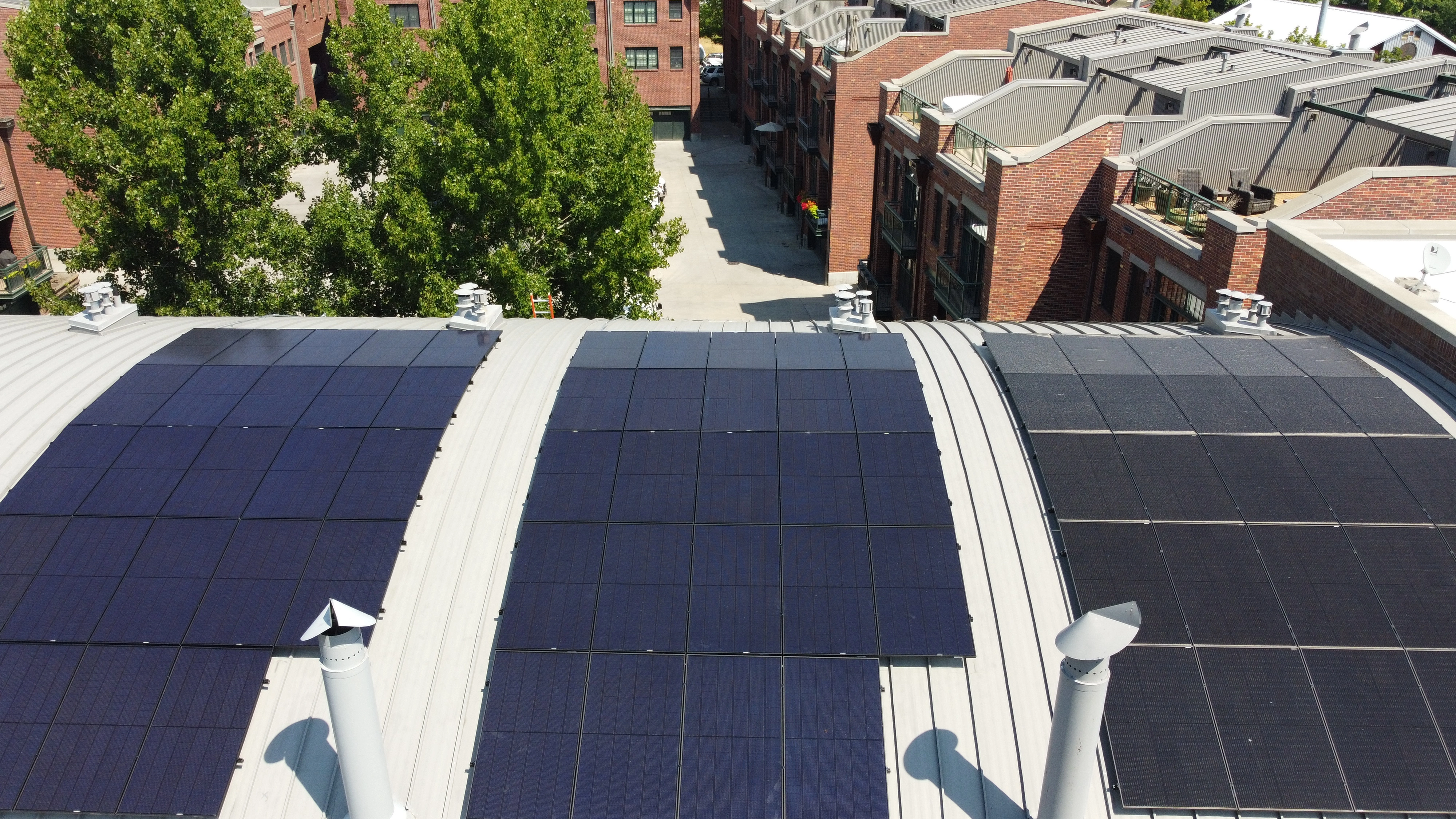Understanding the Pacific Power 2024 Rate Increases

As of recently, Pacific Power customers have faced significant rate increases, with over a 10% increase hitting most Oregon residents from 2022 to January 2024, and a proposed rate adjustment increase of 16.9% for 2025. This upward trend in electricity costs has sparked concerns among households and businesses alike, underscoring the need for effective strategies to manage rising utility expenses. This article explores the reasons behind these rate increases, their implications, and how embracing solar energy can offer a sustainable reprieve.
Understanding Pacific Power's 2024 Rate Hike
Pacific Power, a leading utility provider in the western United States, has attributed the recent and proposed rate increases to several critical factors. The necessity to enhance wildfire risk management, invest in transmission infrastructure, and continue the expansion of renewable energy sources are at the forefront of these adjustments. Specifically, the 2024 proposal aims to raise approximately $304 million to support these initiatives, translating to an average monthly increase of about $29.47 for residential customers.
These rate adjustments reflect the broader challenges facing the energy sector, including rising fuel costs, regulatory demands, and the urgent need for infrastructure modernization. While these investments are essential for long-term sustainability and reliability, they also place an immediate financial burden on consumers.
Coping with Rising Costs: Energy Efficiency and Budget Billing
For customers grappling with higher bills, adopting energy efficiency measures remains a vital strategy. Simple actions such as optimizing appliance use, enhancing home insulation, and switching to LED lighting can significantly reduce energy consumption. Moreover, Pacific Power's budget billing option offers a way to stabilize monthly payments, making financial planning more predictable.
The Solar Solution: A Path to Energy Independence
As utility rates climb, solar energy emerges as a compelling alternative for reducing dependence on the grid and mitigating frequent rising utility costs. Solar panels allow homeowners and businesses to generate their own electricity, tapping into a renewable and virtually inexhaustible resource. The initial investment in solar installation in Oregon can be offset by long-term savings on electricity bills, and both state and federal tax incentives.
Pacific Power's commitment to renewable energy also includes options for customers to participate in renewable energy programs. However, investing in a private solar energy system offers unparalleled benefits in terms of energy independence and control over utility costs. With technology advancements and decreasing solar equipment costs, going solar is more accessible than ever in 2024.
Leveraging Incentives and Programs to Go Solar in Oregon
To ease the transition to solar, potential adopters should explore available federal, state, and local incentives. Tax credits, rebates, and financing programs with competitive rates can significantly reduce the cost of solar installations. Qualified homeowners can also go solar affordably with the Energy Trust of Oregon's Solar Within Reach Program.
Why You Should Explore Your Options to Reduce Your Utility Bill
The rate increases announced by Pacific Power, driven by essential investments in safety, infrastructure, and renewable energy, present a big challenge for consumers. However, they also highlight the importance of exploring energy efficiency and renewable energy solutions. By adopting solar energy, customers can take a proactive step towards managing their energy costs, contributing to environmental sustainability, and achieving greater energy independence. As we navigate these changes, the shift towards renewable energy not only offers a buffer against rising costs but also aligns with broader goals of sustainability and resilience.
If you have any questions about going solar, and how solar can benefit you in the long term, please reach out to National Solar. We are here to help.
Calculate your potential energy cost without solar
Unlock affordable energy solutions
Every project includes design, permitting, installation, and support from our award winning installation team.

Solar Panel Installation
Custom-designed rooftop solar systems that slash your electric bill.

Battery Storage
Store your daytime solar power for nighttime usage or power outages.

Ground Mounts
Ideal for properties without good roof access. Same savings, more flexibility.

EV Chargers
Power your electric vehicle at home for less, powered by your solar system.

Solar System Removal & Reinstalls
Getting a new roof? We’ll handle your solar removal and reinstall.

Commercial Solar
Cut operating costs, claim Oregon solar incentives and benefit from tax advantages.
